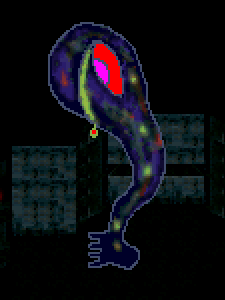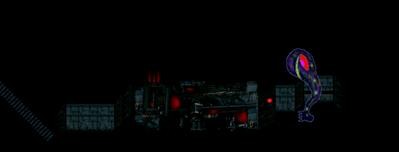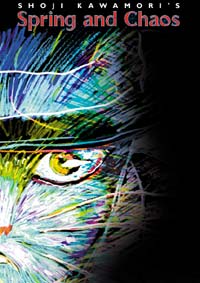Mars-San(Colonization of Mars)
The colonization of Mars by humans is the focus of serious study because surface conditions, such as the availability of frozen ground water, make it the most hospitable planet in the solar system other than Earth.
The flag of Mars is a tricolour used by the Mars Society and The Planetary Society to represent the planet Mars.
http://en.wikipedia.org/wiki/Flag_of_Mars
Witch(Witch-hunt)
悪魔払いが行われたが、ニコールの症状はひどくなるばかりで、口が動いていないのに男の声がして見物人たちの罪の秘密をつぎつぎと暴露した。そのため懺悔の行列ができた。ルボー司教が悪魔払いに聖餅を使うと、ニコールは動かなくなり、ベルゼブブはニコールの左腕に逃げ込み、左手は硬く閉じられた。人々はニコールの足に針を刺したが、ニコールは何も感じなかった(後の魔女裁判の審判法:針の痛みを感じない→魔女)。 http://en.wikipedia.org/wiki/Beelzebub http://ja.wikipedia.org/wiki/%E3%83%99%E3%83%AB%E3%82%BC%E3%83%96%E3%83%96#.E8.A8.98.E9.8C.B2.E3.81.95.E3.82.8C.E3.81.9F.E4.BA.8B.E4.BB.B6_.E3.83.A9.E3.83.B3.E3.81.AE.E5.A5.87.E8.B7.A1
Final Destination(Night on the Galactic Railroad)
Night on the Galactic Railroad (銀河鉄道の夜 Ginga Tetsudō no Yoru?), sometimes translated as Milky Way Railroad, Night Train to the Stars, or Fantasy Railroad In The Stars,[2] is a classic Japanese novel by Kenji Miyazawa written around 1927. The nine-chapter novel was posthumously published in 1934 as part of Complete Works of Kenji Miyazawa Vol. 3 (『宮沢賢治全集』第三巻?) published by Bunpodō (文圃堂?).[3] Four versions are known to be in existence, with the last one being the most famous among Japanese readers.[4]
Cat(Spring and Chaos)
Spring and Chaos (イーハトーブ幻想 Kenjiの春 Īhatōbu Gensō Kenji no Haru?, lit, Ihatov Fantasy: Kenji's Spring) is a 1996 Japanese anime television special inspired by the life of poet Kenji Miyazawa, released in Japan to mark the 100th anniversary of Miyazawa's birth. It was directed by Shoji Kawamori. It was released in North America by Tokyopop.









